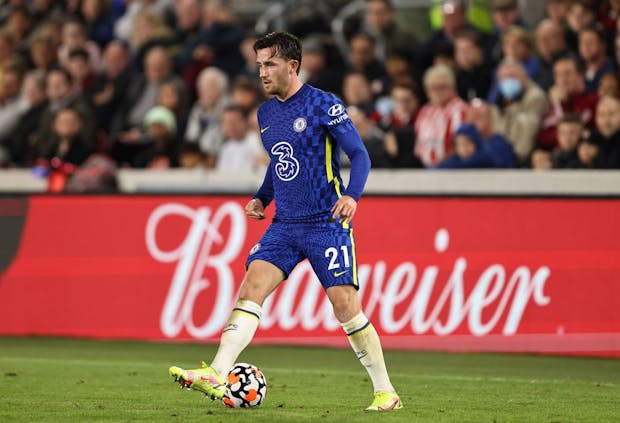
The Premier League is in the market for a new beer sponsor after AB InBev gave notice that its Budweiser brand will not extend its Official Partner-level deal when it expires at the end of the current season, SportBusiness understands.
The brewing giant has sponsored the league since the 2019-20 campaign, announcing a five-year deal at the same time as it agreed a multi-year deal to sponsor Spain’s top flight, LaLiga.
The decision to exit the Premier League agreement comes just a year after the beer brand downgraded a wide-ranging deal with the English Football Association (FA), opting not to renew its role as the ‘Official Beer Partner’ of the Emirates FA Cup and allowing rival brand Carling the opportunity to take its place. AB InBev’s Bud Light brand continues, however, to sponsor the England men’s and women’s national teams and Wembley Stadium, where it retains pouring rights.
Read more: AB InBev rethink presents Carling with seat at FA Cup table
Budweiser had earlier been the title sponsor of the FA Cup for three years but stepped away from this role in 2014 to be replaced by airline Emirates.
The brand has also subsequently been replaced in LaLiga’s sponsorship portfolio by Spanish beer San Miguel, which has agreed to sponsor the league from 2022-23 to 2026-27. San Miguel’s parent company Mahou distributes AB InBev beers in Spain and it’s thought the two brewers came to an agreement for San Miguel to take Budweiser’s place.
The sponsorship deals with the English and Spanish leagues were conceived to make up for the disappointment of missing out on the beer sponsorship rights to the Uefa Champions League from 2021 to 2024. Rival beer brand Heineken announced a three-year renewal with the competition in 2019.
While AB InBev appears to be retrenching from some of its domestic football deals, it recently opted to renew its long-running global sponsorship agreement with Fifa, which designates it the official beer of the 2026 Fifa Men’s World Cup. This was despite it facing well-publicised problems activating its rights at the 2022 tournament because of a last-minute ban on beer sales at stadiums by the Qatari organisers. The brand also expanded the relationship to become a Women’s World Cup sponsor for the first time, agreeing a standalone deal covering this year’s event in Australia and New Zealand.
AB InBev was especially eager to secure the rights to the next edition of the men’s event because it will take place in its US home market, as well as Mexico and Canada. However, the problems it faced in Qatar allowed it to extend the deal on more favourable terms than might have been expected.
SportBusiness understands league-level deals like the ones with the Premier League and LaLiga require buy-in from the relevant AB InBev regional offices, making it harder to generate the funding needed to tie down a contract. Global deals like the one with Fifa, on the other hand, are centrally funded meaning they are often easier to conclude.
Brands have tended to treat sponsorship of the Premier League as an IP alignment rather than to raise brand awareness. League-level sponsorship packages offer limited pitch-side LED opportunities because these are controlled by participating clubs. However, SportBusiness understands Budweiser managed to carve out LED minutes at the home matches of some of the lower-tier clubs in the league in cases where they had failed to sell the inventory themselves. The beer brand also activated its rights through point-of-sale promotions.
The Premier League declined to comment when contacted by SportBusiness.